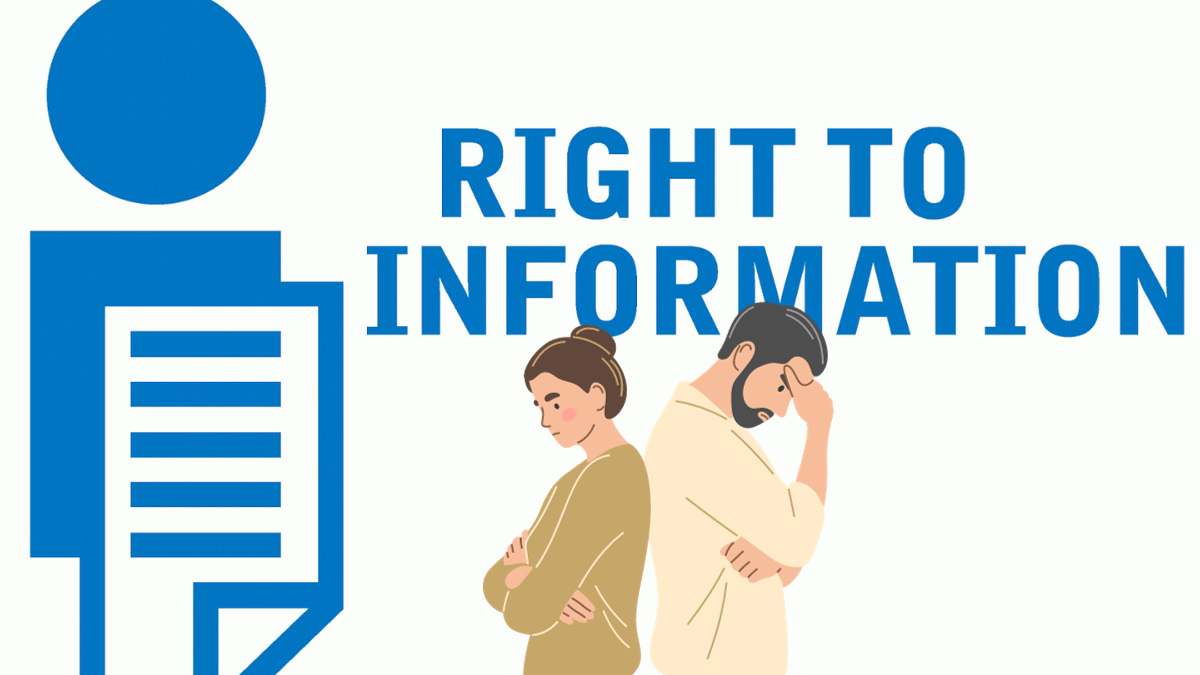Navigating the Right to Information Act: Husband's Victory in Obtaining Wife's Income Details Amidst Matrimonial Battle
Introduction:
In a recent order dated September 27, 2023, the Central Information Commission (CIC) addressed a unique case where a husband embroiled in a matrimonial dispute sought his estranged wife's income details through a Right to Information (RTI) application. The CIC's decision, rendered by Information Commissioner Saroj Punhani, shed light on the delicate balance between personal privacy and the right to information.
Background:
The saga began in October 2022 when the husband, amidst the ongoing maintenance case, filed an RTI application seeking details of his wife's gross and net income. His intention was to present this information before the court during the pendency of the case.
Initial Denials and Appeals:
The Central Public Information Officer (CPIO) initially denied the request, citing Section 8(1)(j) of the RTI Act, which restricts the disclosure of personal information that does not serve public interest. The husband's subsequent appeal also faced rejection, invoking the Supreme Court's decision in Girish Ramchandra Deshpande Vs Central Information Commission & Ors.
The wife, in her defense, argued that she had already presented her income records in the civil court during the maintenance case, questioning the need to seek the same information through an RTI application.
Commissioner's Deliberation:
Information Commissioner Saroj Punhani delved into the matter by examining past precedents. Notably, the case of Rahmat Bano vs Chief Commissioner Of Income Tax was referenced, where disclosure of a man's gross income to his estranged wife was allowed.
Additionally, the commissioner considered the Delhi High Court order in Vijay Prakash vs. Union of India, emphasizing the protection provided by Section 8(1)(j) in private disputes, such as those between spouses.
Final Order:
After careful consideration, the CIC allowed the husband's appeal. The commissioner directed the CPIO to provide only the "generic details of the net taxable income or gross income" of the appellant's wife within 15 days from the date of receipt of the order. This decision highlighted the importance of balancing individual privacy rights with the need for information in specific legal contexts.
Conclusion:
The recent CIC order serves as a significant precedent in the realm of matrimonial disputes and the application of the RTI Act. While upholding the right to information, it also underscores the necessity to respect the boundaries of personal privacy, especially in private disputes where the basic protection afforded by Section 8(1)(j) cannot be easily lifted. This case stands as a testament to the nuanced approach required when navigating the intricacies of the Right to Information Act in personal and sensitive legal matters.

Comments
Post a Comment